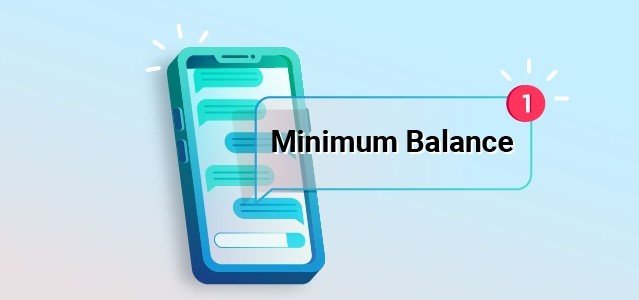Report by Kamgar Ekta Committee (KEC) correspondent

In the 5 years since 2018, public sector banks and major private banks (Axis Bank, HDFC Bank, IndusInd Bank, ICICI Bank, and IDBI Bank) have collected Rs. 35,587 crore from bank customers in the form of fines: Rs. 21,044 crore in fines for the non-maintenance of minimum balance, Rs. 8,289 crore for excessive ATM transaction charges, and Rs. 6,254 crore for SMS service charges.
These startling numbers—provided in a written reply by the Ministry of Finance in the Rajya Sabha this month—reveal another form of the loot of people under different taxes and charges!
Minimum balance: Banks require an average monthly balance to be maintained in accounts. This minimum balance is in the range of Rs. 500–1000 in rural areas, Rs. 2000–5000 in urban areas, and Rs. 3000–10000 in metros. Fines on breaching this balance could be of Rs. 150–600. How many people can truly maintain such minimum balance and how many can afford such hefty fines? If a person cannot keep a balance of Rs. 500–1000, from where will they bring the money to pay the fine? Very clearly, people who get looted by this are people from lower economic strata of our society.
Notably, minimum balance was first imposed by big private banks. Giving justification of “competition” the public sector banks also started minimum balance norms.
ATM and SMS charges: Once bank customers exceed a certain number of ATM transactions per month, banks charge a fee of up to Rs. 21 per transaction. Similarly, banks levy charges for sending automated SMS alerts to customers.
On the one hand, successive governments have moved towards cashless transfers for various social schemes. On the other, people are fined for withdrawing and managing their own money! Moreover, individuals who do not have a stable job or do not receive regular wages cannot limit their transactions. They have to use ATMs several times in a month as and when they have money in their accounts. How is it fair to impose fines on such ATM transactions?
Recently, public sector banks have reported high profits. In April–June 2022, PSBs had recorded a total profit of Rs. 15,306 crore. In April–June 2023, this number more than doubled to Rs. 34,774 crore.
Bank workers have pointed out that this profit has been made by imposing hefty service charges on bank customers, reducing expenditure on salaries by outsourcing and contractualising permanent work, and making existing bank workers slog for long hours in terrible conditions! Thus, this profit has been generated solely via the exploitation of bank workers and customers.
Whom does this profit benefit? The surplus earned by banks is used neither for workers—who have been forced to protest and strike against privatisation, unfilled vacancies, and worsening working conditions—nor for customers. It is well known how difficult it is for workers and farmers to obtain loans for their genuine needs in the first place and then to pay them back with interest. In contrast, people’s money saved in banks is directed towards providing loans to big corporates at low interest rates and then towards waiving off these loans when they go bad! Only a few days earlier, the Ministry of Finance informed in another written reply that bad loans worth Rs. 14.56 lakh crore were written off for big corporates in the last 9 years.
Bank workers have been constantly demanding that people’s money is used for people’s welfare. Workers and customers must unitedly oppose the plunder of the masses and the exploitation of employees. We must demand that banking, electricity, railway, health, education, and other sectors are brought under people’s control and are run as services for public welfare, not as businesses for profit!
